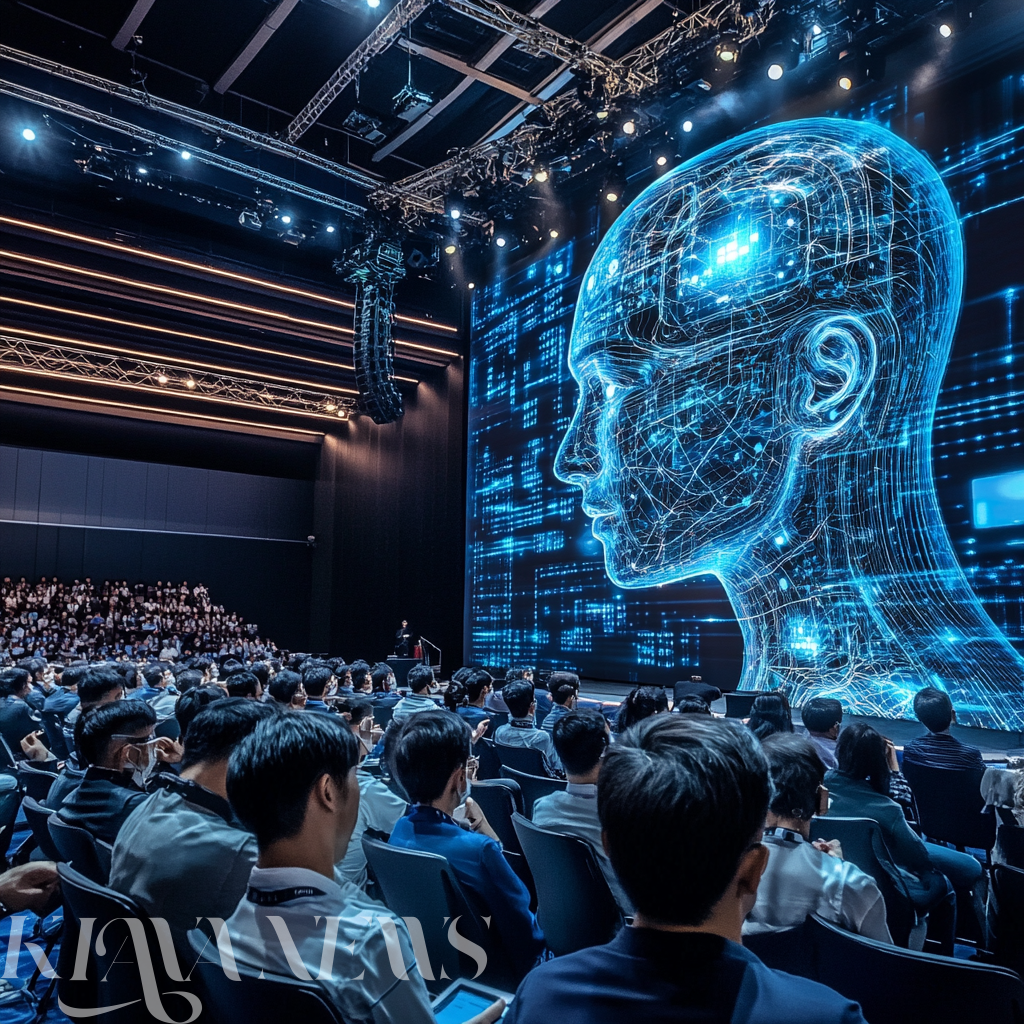Beijing, China — DeepSeek from Beijing has revolutionized the international tech scene through its advanced AI model which now attracts critical attention from top industry figures and policymakers. The DeepSeek R1 model by the company draws comparisons to OpenAI’s recent developments which prompts questions regarding China’s expanding power in AI technology.
DeepSeek’s Rise to Prominence
DeepSeek captured media attention in late January when it introduced R1, which they state competes with OpenAI’s top AI systems while costing significantly less. DeepSeek R1 managed to outperform ChatGPT as the premier application on Apple’s App Store within several days challenging the perceived leadership of U.S. technological developments in artificial intelligence.
Silicon Valley executives and Wall Street investors reacted swiftly to the announcement because they keep a close watch on China’s fast progress in AI technology. Microsoft CEO Satya Nadella along with Google DeepMind’s Demis Hassabis recognized DeepSeek’s achievements but remained cautious about its genuine potential.
U.S. Reaction and National Security Concerns
The swift achievements of DeepSeek have brought national security apprehensions in Washington despite AI researchers being impressed with the technology’s efficiency. U.S. officials express concern that China’s progress in AI research may threaten America’s dominance in essential sectors including cybersecurity and military technology.
The Biden administration conducts an ongoing assessment of national security threats while legislators push for constraints on DeepSeek’s technology. Evidence suggests that U.S. intelligence agencies are examining if DeepSeek’s training data contains components originating from American AI models such as OpenAI’s proprietary datasets.
The Senate Intelligence Committee is looking into the possibility of banning DeepSeek from government networks which mirrors past concerns about TikTok and Chinese tech companies.



